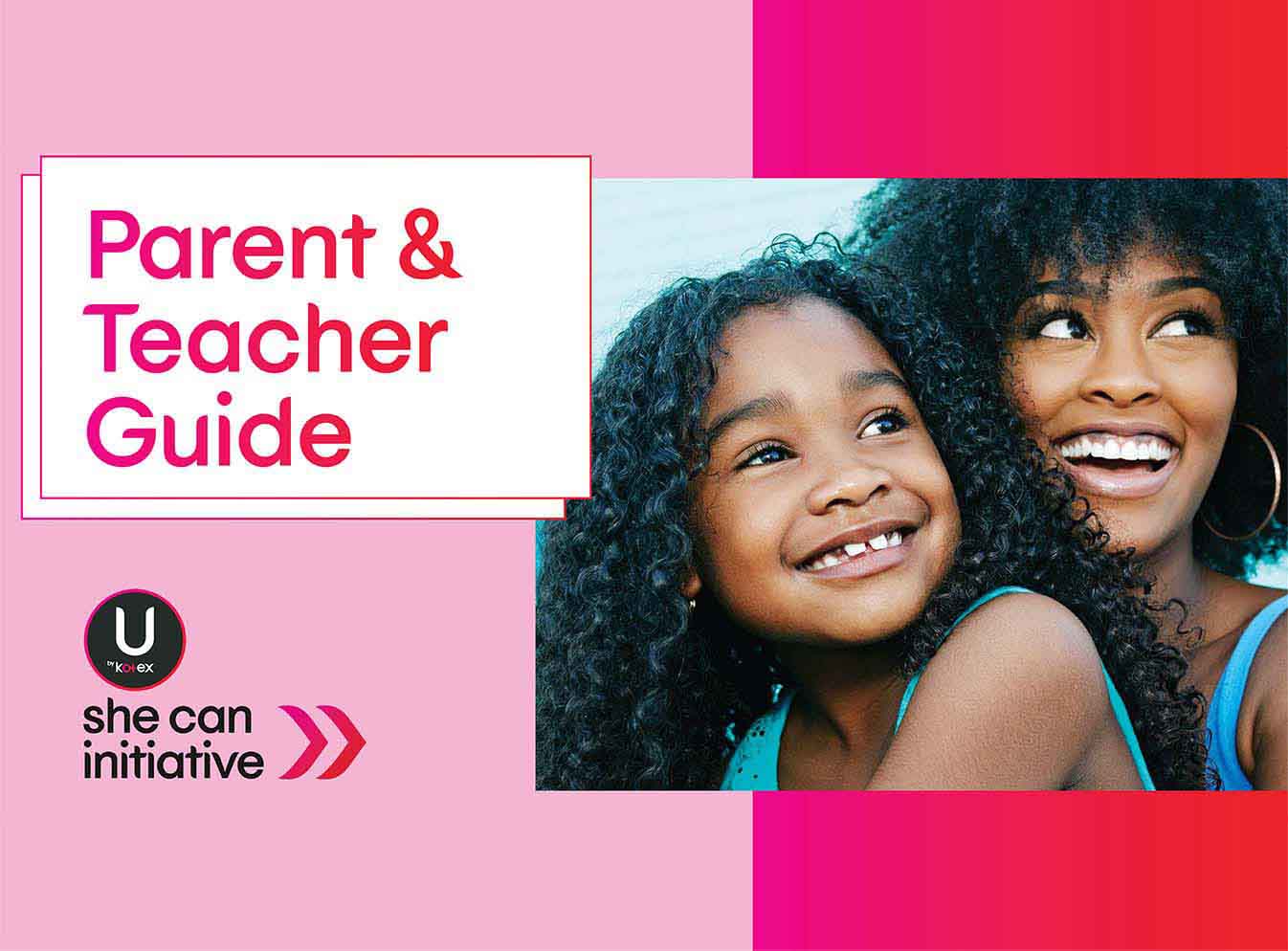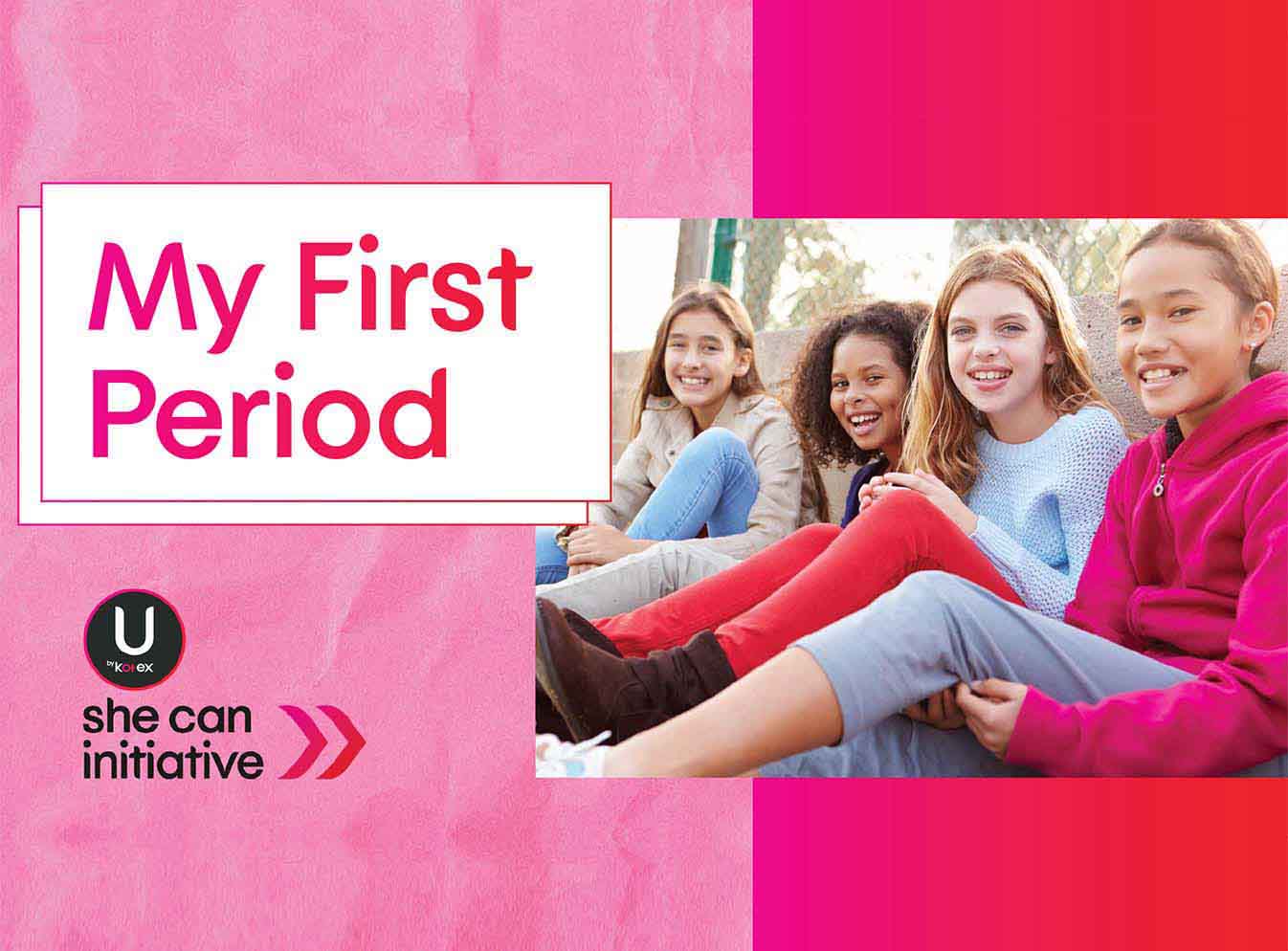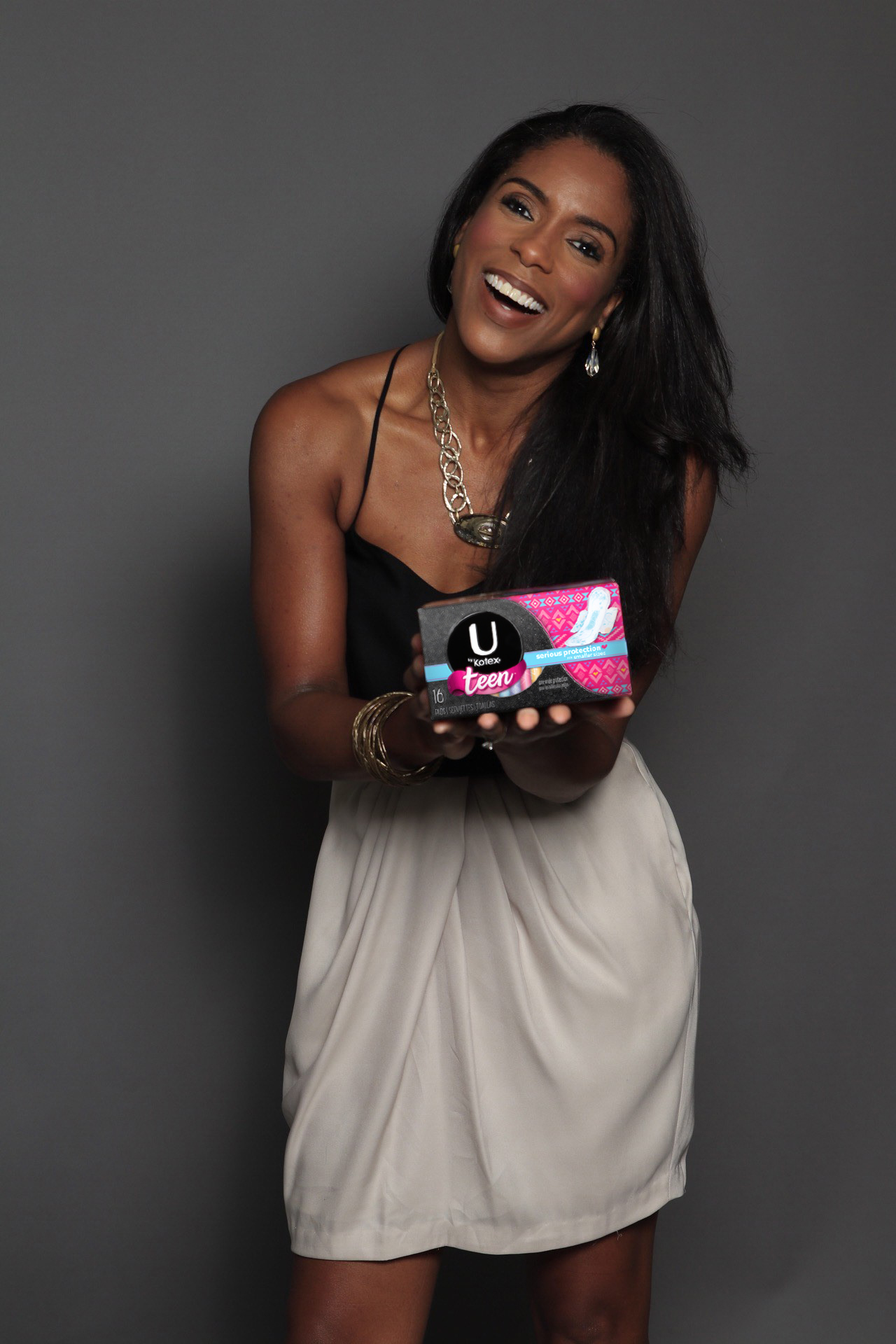First Period Parent & Teacher Guide
First Period Parent & Teacher Guide
Make your first period talk the first step in removing period stigmas for girls.
The first conversation with a child about menstruation will greatly impact how they view periods. In this guide, you’ll find tips to reassure young girls as they prepare for their first period in a way that can help stop negative period perceptions.
Download here to get the full guide: First Period Parent and Teacher Guide
That first conversation you have with a child around the age of 10 about menstruation will greatly impact how they view periods. It’s important to not expose them to the same stigmas you might have had to face as a child. Let’s end period stigma in the next generation before it starts.
End period stigmas before they start.
It’s time to teach children that periods are nothing to be ashamed of and they shouldn’t be joked about. There is no need to hide tampons or pads when going into a bathroom. Or to call a period by a silly name. Call it what it is – a period. Teaching children to do these seemingly harmless things – hiding period products, using silly terms – is really teaching them to be ashamed of their periods.
Things to reassure girls about:
- The average age of getting your period for the first time is between 10 and 15, for some it may be younger or older. There are some indicators that you might notice before starting your period, like underarm hair growth, white vaginal discharge, or cramping.
- The amount of menstrual blood differs for each person. The flow at the beginning of the period is usually heavier and gradually lightens up until it’s finished.
- It might take some time to figure out what product is right for your period.
- The color of normal menstrual blood is anything from bright red to dark brown.
- It may take a few years after puberty for a regular cycle to settle in, so irregularity is common in the first few years.
- Don’t feel ashamed to ask for tampons or pads when you need them
Discussion pointers
Review each aspect of the menstrual cycle, but at a high level – a general knowledge about it will help prepare children.
Don’t only focus on the negatives (like cramps). Focus on the positives – they are growing up!
Teach children that periods are nothing to be ashamed of. They aren’t something we should joke about, but we also shouldn’t avoid talking about them. Periods are one reason why we are all here



